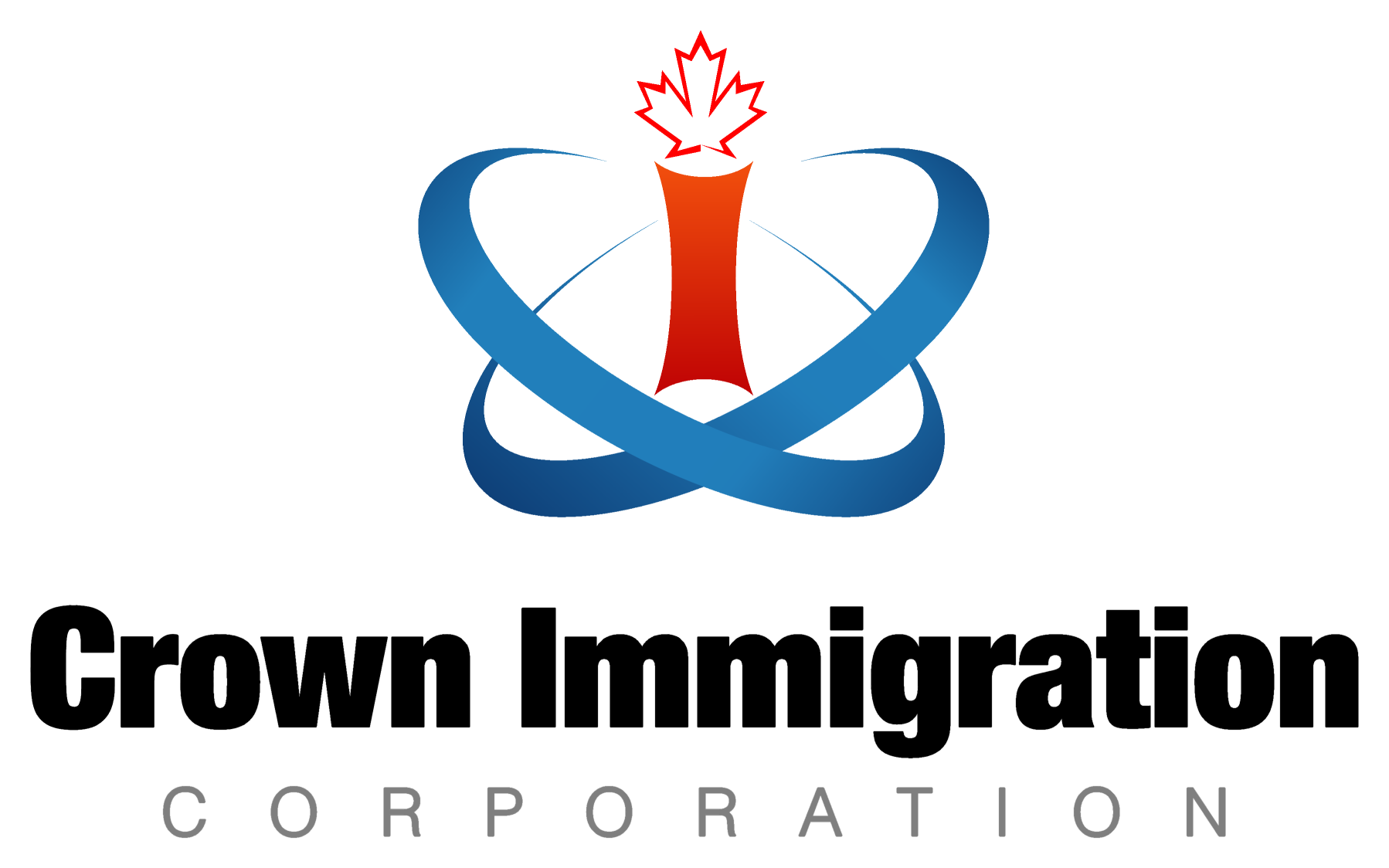Can Literature Spark Change in the Prison System?
-
Can Literature Spark Change in the Prison System?
-
How often do you reflect on the lives of those in prison? If your answer is “not often,” you’re not alone. For most, the realities of incarceration seem distant, far removed from daily life. Iranian-American author Hassan Nemazee sheds light on this hidden world in his book, Persia, Politics & Prison. This compelling autobiography by Hassan Nemazee explores the U.S. prison system, exposing its deep inequalities while advocating for meaningful change. Through his powerful storytelling, Nemazee urges readers to examine the cracks in this often-ignored institution. His book is both a call to action for reform and an invitation to consider the human impact of incarceration more closely.
Many global prison reform efforts arise from recognizing the need for significant system changes to address inmate struggles. These struggles go beyond confinement, often involving harsh conditions that fail to rehabilitate or prepare individuals for life after prison. Marginalized groups are hit hardest, caught in cycles of poverty and crime due to a lack of effective rehabilitation support. Programs focused on education, skill-building, and reintegration show potential, but their success depends on consistent execution and community backing.
While prison life is rarely portrayed accurately in mainstream media, firsthand accounts like Nemazee’s make the issues harder to ignore. Stories of arbitrary segregation, exploitation, and survival trades within prison walls paint a grim picture. Yet, what’s even more striking are the men and women who rise above these circumstances. Many inmates face a system they’re ill-equipped to fight, but some demonstrate remarkable resilience, transforming themselves and seeking ways to build better lives after prison.
Storytelling plays a powerful role in driving awareness. Books addressing systemic challenges like prison reform have shaped public views and influenced policy changes. Through literature, personal experiences blend with social critique, encouraging readers to challenge the systems they often accept. Unlike raw data, stories connect emotionally, motivating action one reader at a time.
One of the most compelling arguments for reforms centers around economic benefits. Studies repeatedly show that rehabilitation-focused initiatives cost less in the long term than the cyclical incarceration of unprepared individuals. Still, resistance persists due to outdated assumptions about punishment versus rehabilitation. This tension underlines the importance of education—both for those in power and the public—on the embedded benefits of a more humane prison system.
Reforms take time, and change won’t happen overnight. However, advocates like Nemazee remind us that these changes have a ripple effect when successful. They improve the lives of individuals and strengthen the social fabric of communities. A justice system focused on restoration rather than retribution can break the cycles of inequality and incarceration that weigh heavily on society.
Visit Hassan Nemazee’s website to learn more about his experiences and vision for a fairer system. You can also discover his autobiography, Persia, Politics & Prison, and explore his speaking engagements for more insights into the changes he advocates for. His work may inspire you to engage in this important conversation.
Log in to reply.
